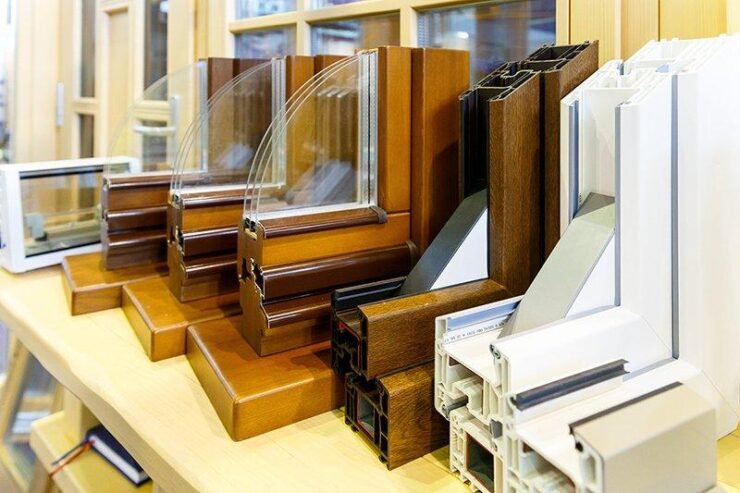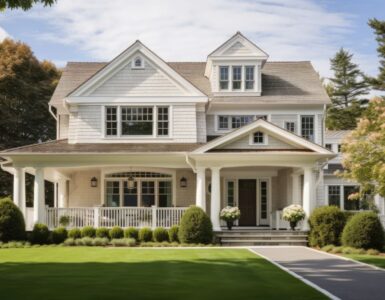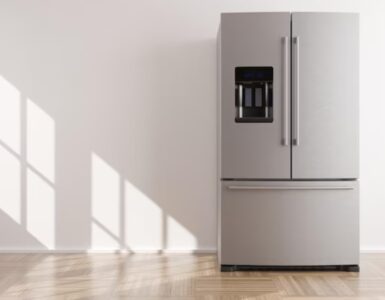If you have drafty, old windows requiring immediate replacement, you might want to invest in high-quality, energy-efficient ones real soon. As their name implies, such windows are designed to increase the comfort levels in your home and improve your property’s aesthetic appeal.
While these windows are more expensive than the regular types, they offer various benefits –making them a worthy investment. Other than reducing energy loss, energy-efficient windows reduce glare. Plus, these aforementioned windows make your house comfortable by keeping it cozy during winter and blocking outside noise.
Unfortunately, buying quality, energy-efficient windows isn’t easy. It can be confusing and challenging, especially if countless options surround you. To make the selection process easier, check out Ring’s End for more information and read the guide below.
1. Keep Your Geographic Location In Mind
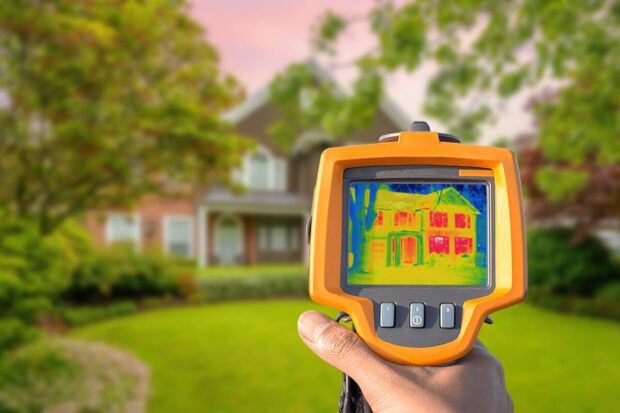
When looking for energy-efficient windows, you should always remember to consider your geographic location. Since the weather varies in every region, you must choose windows that’ll work well in your area’s weather conditions.
For example, heating is your biggest utility expense if you’re in a colder region. In this case, you need windows that’ll tightly put a seal to your home’s window fixtures to maintain an optimum indoor temperature. For warmer regions, your windows must effectively block outside heat from entering.
In addition, some states or countries may have specific local building regulations and codes for energy-efficient windows. Knowing such regulations will help you buy the appropriate new windows for your needs.
2. Check The Ratings
Like insulation, energy-efficient windows also have ratings. The following are the things you should check when it comes to the energy efficiency of windows:
- Condensation Resistance: The higher the condensation resistance, the better. Condensation resistance is useful as it measures how much moisture the glass can condensate in various weather conditions.
- Visible Transmittance: It refers to how much light can pass through the window glass. The lower the number, the less light it can pass through your home.
- U-Factor: It’s the insulating value of energy-efficient windows. The lower the U-Factor, the better the efficiency rating of the windows.
- Solar Heat Gain Coefficient (SHGC): It’s the solar heat level that passes through your window glass. Like U-Factor, it’s preferable to choose the windows with low SHGC. This way, your windows can keep excessive heat from entering your house.
Don’t forget to check the metrics above when shopping around for energy-efficient windows. By understanding them, you’ll be able to choose wisely.
3. Consider The Types Of Window Glass
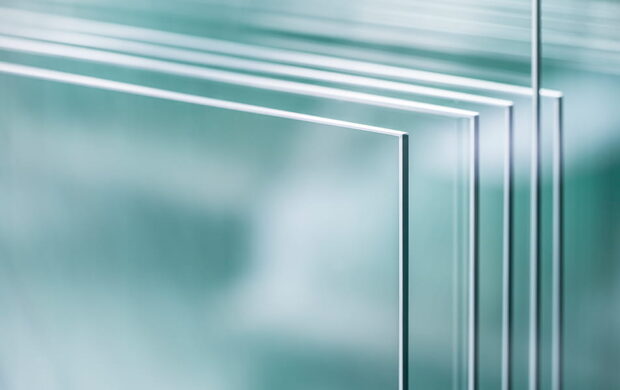
Windows are often made with triple-, dual-, and single-pane glass. When purchasing quality and energy-efficient windows, you must understand the difference between each type to make a wise choice.
- Single-Pane Glass: As the name suggests, it’s only one sheet of glass between outdoors and indoors. It’s what you’ll find in old homes. Single-pane glass looks appealing, particularly when made with leaded glass. But it isn’t energy-efficient and often requires an extra insulation layer in order for it to perform better.
- Dual-Pane Glass: These two sheets of glass have an air space in between, typically filled with an argon-gas blend. The blend is denser than air, which can improve your home’s insulation. Unlike single-pane glass, dual-pane glass has better insulation properties.
- Triple-Pane Glass: Like dual-pane glass, triple-pane glass also has an air space but is designed with an extra pane of glass. Moreover, it’s the most energy-efficient window glass type. Other triple-pane glass windows are even certified and recognized to meet the highest possible standards for energy efficiency.
Depending on your needs, check the window glass type of your prospective energy-efficient windows. If you’re confused with the options, ask for help from professional dealers.
4. Choose The Window Frame Materials Wisely
Frame materials may significantly affect the window’s energy efficiency. Some of the best options in the market include wood, vinyl, and fiberglass frames. These are known for low thermal conductivity and don’t transfer heat immediately.
- Fiberglass Window Frames: These have air cavities, which can be filled with insulation, making them better than vinyl and wood options. Fiberglass window frames are durable and can be painted with any color to match your home décor too. However, such frames may contract and expand with extreme temperature changes.
- Vinyl Window Frames: A vinyl window frame is virtually maintenance-free and energy-efficient. It doesn’t require painting and has good moisture resistance. The window’s hollow cavities can also be insulated, making it more efficient than standard vinyl frames.
- Wood Window Frames: Wood frames insulate better than other window frames. Nonetheless, they require regular maintenance to maintain their energy efficiency and appearance. And they may warp due to weather changes.
You can choose any window frame material for your home. Regardless of your preferences, opt for the one that would match your home best and make it more energy-efficient.
5. Don’t Forget The Design
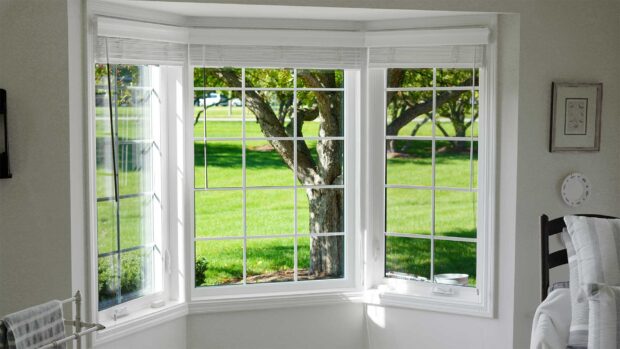
You want your energy-efficient windows to be as stylish and durable as possible. This is why you need to consider the design when buying windows. To meet your unique needs, work with a trustworthy company. Like searching for an installer, reading reviews, and doing your homework may be handy.
In terms of designs, there are many options you can choose from. If you don’t know which works best for your home, get professional advice and go with the one that meets your standards.
6. Consider Professional Installation
Although you can try installing your windows yourself, it’s never a wise idea. A novice may not take on an investment like energy-efficient and quality windows without experience. When installed incorrectly, your windows won’t function properly, compromising your comfort. If you don’t want that to happen, look for professionals to install the windows.
Professionals can ensure a proper installation process, preventing costly issues in the future. Yet make sure to hire the right professionals for the job. To do that, work with those with years of experience and are known for their reputation. You can verify the provider’s reputation by reading testimonials or reviews of its previous clients.
Conclusion
Windows are beneficial for proper insulation and ventilation. While you can buy any window designs and styles for your home, choosing energy-efficient ones is more worth it. Use the guide above once you’re ready to upgrade your windows to more energy-efficient versions.

